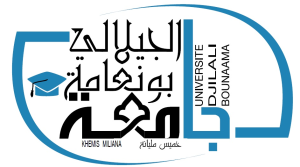Introdction
Physico-chemical analysis plays a central role in chemistry, providing the essential tools needed to understand the composition, structure, and behavior of matter. The course Physico-Chemical Analysis Techniques I introduces students to the fundamental methods used to separate, identify, and characterize chemical substances, with a particular focus on separation techniques. These methods are not only crucial in academic research but also in industrial applications such as pharmaceuticals, environmental monitoring, food science, and materials engineering.
Throughout the semester, students will explore both classical and modern approaches to separation. The course begins with an overview of basic techniques such as filtration, centrifugation, and phase separation, which form the foundation of laboratory practice. It then advances to more sophisticated methods including solvent extraction, distillation, and chromatographic techniques, emphasizing both theoretical principles and practical implementation. In addition, the study of membrane-based methods such as osmosis and dialysis highlights their importance in biochemistry and medical sciences.
The objectives of this course are to provide students with a solid theoretical understanding of separation processes, to develop their practical laboratory skills, and to strengthen their ability to analyze and interpret experimental results. By combining theory with hands-on applications, students will gain the capacity to select and apply the most appropriate method for a given analytical problem.
Ultimately, this course is designed to build a strong foundation for more advanced studies in analytical chemistry, preparing students to meet scientific challenges with accuracy, critical thinking, and a rigorous methodological approach

